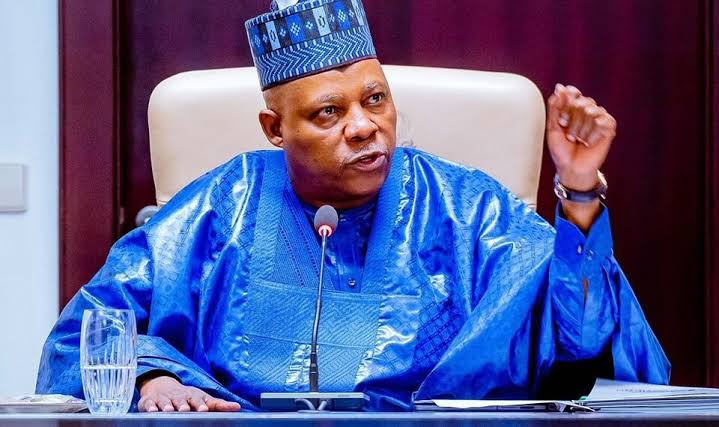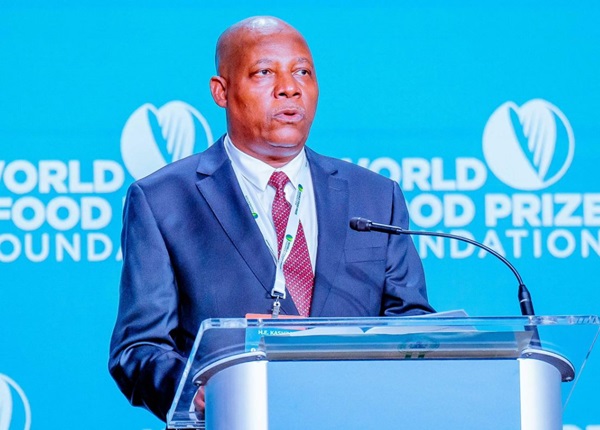Nigeria’s Vice President, Kashim Shettima, emphasised the crucial need to enhance intra-Africa trade, currently standing at 15%, to harness its potential in elevating the continent’s Gross Domestic Product (GDP).
Speaking at a breakfast event during the World Economic Forum (WEF) in Davos, Switzerland, Shettima highlighted the significance of the African Continental Free Trade Area (AfCFTA) agreement, citing World Bank projections that it could boost Africa’s GDP by $450 billion by 2035, along with an 81% increase in exports.
The Vice President urged African nations to expedite the resolution of agreements and impediments hindering free and smooth trade. He stressed the importance of optimising information sharing with the private sector and identified trade as a private sector imperative facilitated by governments.

Shettima acknowledged the slow pace of negotiations since January 2021 and urged African countries to act swiftly and cohesively, emphasising that the success of the AfCFTA is paramount in today’s global landscape.
Comparing African trade with other regions, he urged the continent to empower countries organically and address its own challenges, encouraging proactive engagement from Africa’s private sector players.
In a separate forum welcoming investors to engage with Nigerian officials, Vice President Shettima assured foreign investors that Nigeria, with its status as Africa’s largest economy, is on the right path for their investment.
He highlighted Nigeria’s diversification efforts, emphasising technology, arts, culture, creativity, and industrialization. Shettima underscored the country’s commitment to global best practices and highlighted recent policy shifts, including the removal of trade items from foreign exchange bans and liberalisation in the downstream petroleum sector.
Additionally, he outlined priorities for Nigeria, such as repositioning the energy sector, investing in major infrastructure, and participating in Global Value Chains (GVC). Shettima emphasised a $1 trillion economy target within eight years and the emergence of new sectors, including the blue economy, digital economy, steel sector, gas subsector, and alternative energy.
The Vice President concluded by highlighting ongoing efforts under President Bola Tinubu’s leadership to reposition Nigeria’s image, address security challenges, and project Nigeria positively to the world. He celebrated Nigeria’s cultural richness and diversity, recognising it as a strength that contributes to the nation’s progress.


